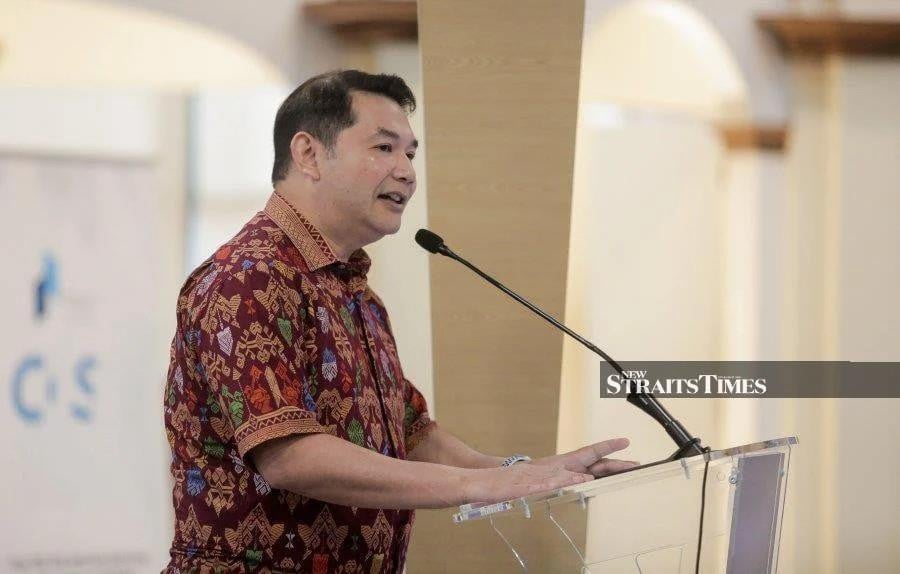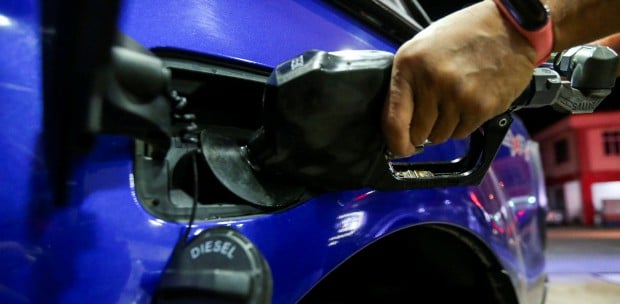KUALA LUMPUR: The initiative to rationalise fuel subsidies is expected to impact the country's inflation rate, said Economy Minister Rafizi Ramli.
However, Rafizi stated that implementation through well-designed strategies, coupled with targeted cash assistance, will help mitigate these effects.
Rafizi said the government continues to subsidise and maintain the diesel price at RM2.15 per litre for 23 types of logistics vehicles under the Subsidised Diesel Control System (SKDS) 2.0, while keeping the diesel price at RM1.88 for land public transport including school buses, express buses, ambulances, and fire department vehicles.
The rate of RM1.65 remains unchanged for fishermen, and cash subsidies under Budi Madani are also provided.
"Bank Negara Malaysia (BNM), through the publication of the Economic and Monetary Review 2023, expects that rationalising subsidies will have short-term implications on the country's inflation rate. The inflation rate for 2024 is projected to be between two to 3.5 percent.
"This situation is partly due to the phased transition towards targeted subsidy mechanisms, particularly involving fuel subsidies," he said in a written reply in the Dewan Rakyat yesterday.
He was responding to a question from Datuk Mohd Shahar Abdullah (BN-Payar Besar) regarding the expected impact of fuel subsidy rationalisation on the inflation rate in 2024 and mitigation measures if global fuel prices spike due to ongoing geopolitical crises.
Rafizi stated that the government's fiscal position is increasingly challenging and requires a commitment to realign subsidies, which are a significant component of fiscal management.
"The overall welfare of the people remains a priority. Therefore, the government needs to choose methods to realign subsidies that can balance the government's fiscal goals and simultaneously reduce the impact on the cost of living borne by the people," he said.
Regarding mitigation measures, Rafizi said, based on forecasts by international organisations such as S&P Global, EIU, and Bloomberg, the average global price for Brent oil is projected to be US$85 per barrel in 2024.
"However, if oil prices rise suddenly, the government, through the Ministry of Finance, BNM, and the Ministry of Economy, will conduct a reassessment according to current needs.
"This is to ensure that the people, especially low-income groups, are not burdened by any price changes," he said.





